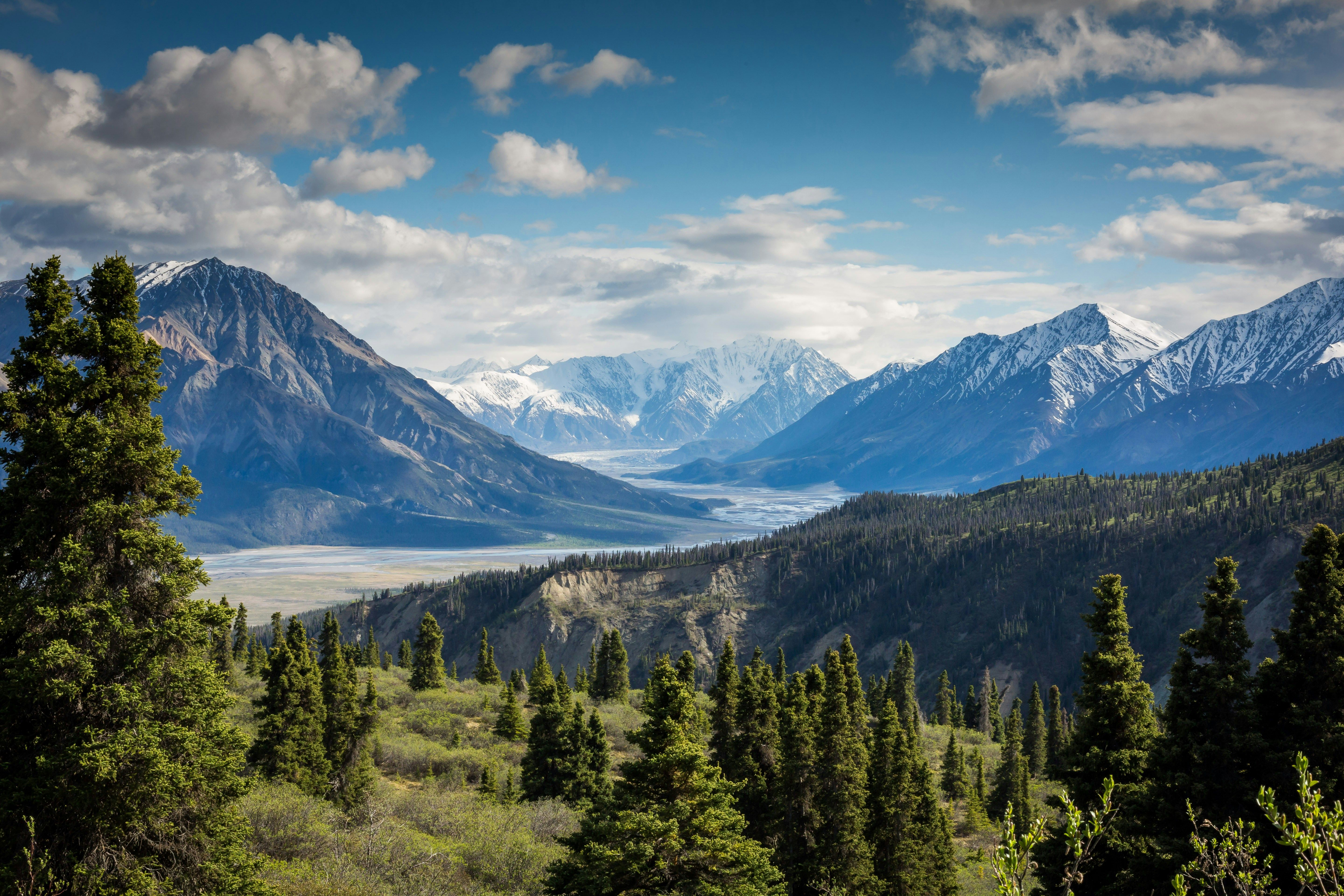Venezuela's Current Status: Revolution and Voting Processes Underway
In a world where elections on the left were often seen as a losing battle, Hugo Chávez turned this notion on its head. The worries about elections being a no-go zone for socialists appeared justified, with previous attempts in Latin America failing dismally. But Chávez shattered these expectations.
From the mass rallies to the seemingly endless election victories, Chávez demonstrated that elections could be a powerful tool for seizing and maintaining socialist power. He referred to elections as battles, and with his powerful, programmatic speeches and massive street mobilization, the broad masses were swayed. But he didn't stop at communication—he also worked tirelessly to gain the support of the military, ensuring that the people's democratic decisions would have power behind them.
Chávez took socialist ideals and transformed them from a mere dream into a reality that could be tangibly achieved. His successful formula opened a new path for socialist construction, making him a leader championing the ballot box. He won 13 out of 14 elections, making history by implementing socialist measures under the protection of elections. The Venezuelan people were at the forefront of this revolution, establishing a playbook that extended far beyond the continent's Pink Tide.
However, like any model, there were limits to this approach, even during Chávez's lifetime. The formula didn't translate as effectively when adopted by other countries, and the focus started to shift towards subaltern patriotism and appealing to the middle class. After Chávez's death, his successor Nicolás Maduro faced increased imperialist aggression and economic pressures. In response, Maduro sought to maintain the flame of Bolivarian socialism alive but was forced to implement extreme measures like liberalizing the economy and cutting social programs.
As we look back on the last decade, it's clear that the era that Chávez lived in was an exceptional one, marked by imperialist overreach, adjustment, and the oil bonanza that boosted Venezuela's economy. Though we can't deny that the electoral path was not a pipe dream, it grew on rare and special soil. Today, we find ourselves back in old times—it's a good moment for the left to remember a few basic truths and remind ourselves that:
- Democracy is not the only goal for the socialist left. Democratic processes are essential, but they must align with solidarity, equality, and science.
- The kind of democracy we defend is people power or popular power. Elections may play a role, but they are not the end-all-be-all. People power should ensure equal access to food, housing, health, education, and overall well-being.
- Democracy has a temporal dimension. Building a strong, just society is an ongoing process that evolves over time. We must strike a balance between consultation, participation, and election within this ongoing construction.
The time has come to reject the idea that elections can solve all our problems. The tempests of the present are stronger than ever, and the fascists and imperialists react decisively in their exterminist offensives. If we are to survive, we must act with equal determination in defending our communities and the overall advancement of humanity.
- Knowing the limits of democracy, the socialist left should strive for more than just electoral victories, aligning their actions with solidarity, equality, and science.
- In a world where elections are a part of the political landscape, the kind of democracy that the socialist left should defend is one that empowers the people, ensuring equal access to resources like food, housing, health, education, and overall well-being.
- The democratic process should evolve over time, recognizing that building a just society is an ongoing endeavor that requires consultation, participation, and election to strike the right balance.
- As we navigate through the tempests of war-and-conflicts, conflicts of policy-and-legislation, and general news, it's crucial that the socialist left acts with determination, remembering that elections cannot solve every problem but can help in the pursuit of a stronger and more equitable society.
- While the exceptional period that Hugo Chávez lived in fostered an extraordinary electoral path for Bolivarian socialism, migration from this model is essential to adapt to the ever-changing landscape of politics and ensure the survival of our communities across the globe.







